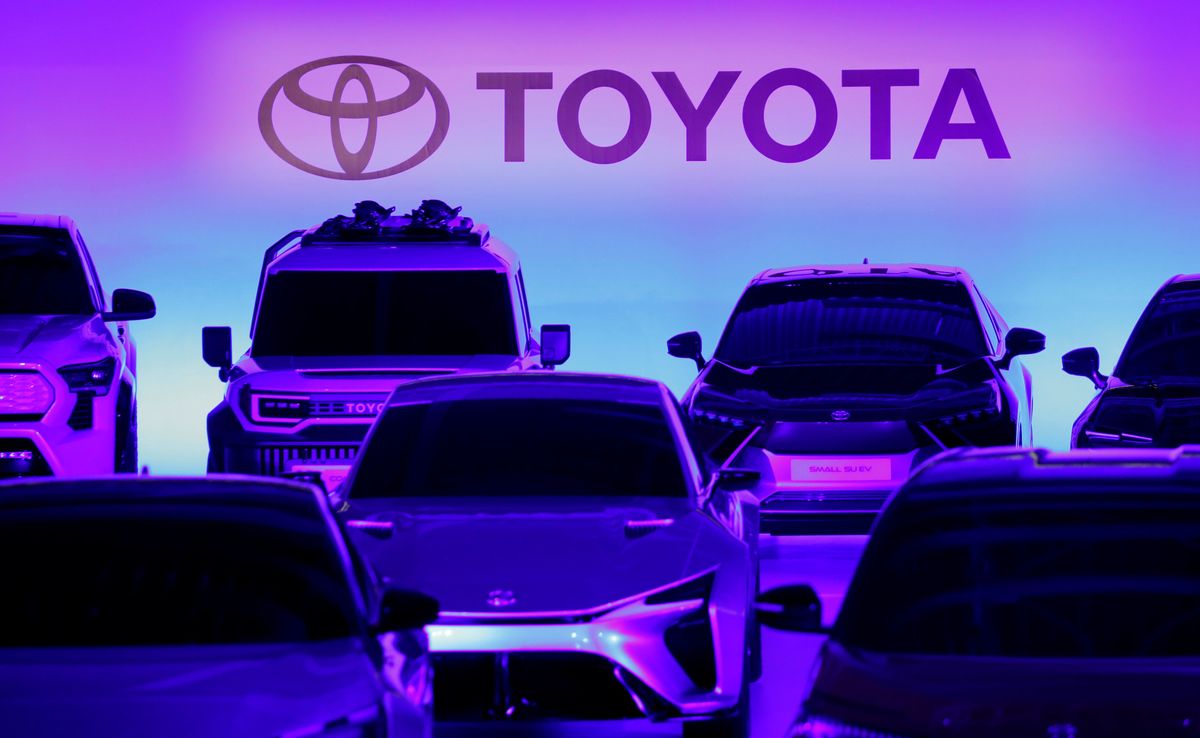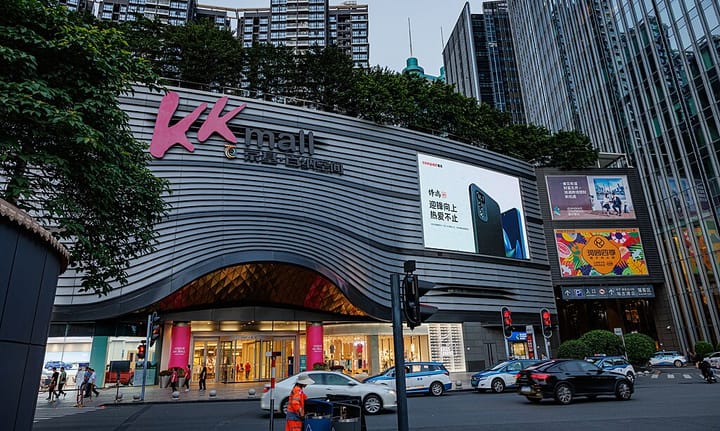Can Japanese carmakers keep up with China's EV boom?
For years, Japanese carmaker giants Toyota, Honda and Nissan have been the big players in the car scene.

A few minutes every morning is all you need.
Stay up to date on the world's Headlines and Human Stories. It's fun, it's factual, it's fluff-free.
The backstory: For years, Japanese carmaker giants Toyota, Honda and Nissan have been the big players in the gas-powered car scene, but things are changing with the rise of electric vehicles (EVs).
And it's not just the competition from other countries that Japanese automakers have to worry about. For example, the Chinese EV market has been growing like crazy, and that's creating a potential threat for Japanese automakers to lose their market share.
More recently: Honda and Nissan's sales have been taking a hit in the world's biggest auto market, China, for the past couple of years. Even Toyota, which hadn't seen a decline in sales for 10 years, experienced a plunge in 2022.
The COVID-related lockdowns and chip shortages definitely played a role, but it seems the real problem is the lack of attractive electric car options from these automakers.
The development: The EV market is about to see a massive surge in 2023, with an estimated 9 million sales and a 35% market share. But here's the deal, while Tesla and Volkswagen are reportedly ruling the EV game, Japanese automakers are struggling to catch up.
Meanwhile, Chinese automaker BYD is causing a stir in the mid-market, giving tough competition to Japanese car manufacturers. In fact, it has become the best-selling domestic brand in China, with over 1.85 million vehicles shipped in 2022.
Key comments:
"If the Japanese automakers continue a conservative and indecisive approach to their EV strategies, it's only a matter of time before they fail in the global market," said Yale Zhang, managing director of consultancy Automotive Foresight in Shanghai.
"The Japanese joint ventures should be feeling more threatened," said Yang Jing, the director of China Corporate Research at Fitch Ratings. "Some Japanese carmakers have announced big steps in their strategic realignment. One reason is that the China market's electrification has happened quicker than they expected."
"The Japanese car industry needs to catch up," said former Nissan exec Masato Inoue, chief product designer of its first EV, the Nissan Leaf. "It already could be too late."
"Consumers moving to electric vehicles in 2022 are largely doing so from Toyota and Honda—brands which have been unable to keep their internal combustion owners loyal until their own brands begin to participate more significantly in the EV transition," said S&P Global Mobility in a report published in last November.




Comments ()